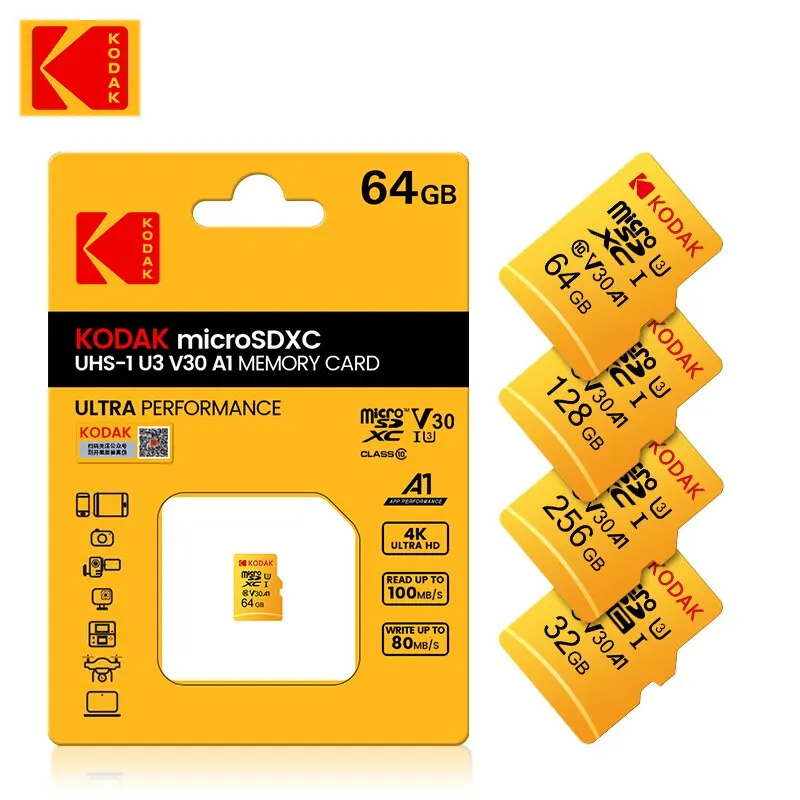What are the dietary needs specific to conures?
Asked by: Hannah White
Answered by: Amelia Davis
Posted on: January 22, 2006
Conures are active, social birds with specific dietary requirements to maintain their health and vitality. A balanced diet is essential for their overall well-being, and understanding their nutritional needs will help you provide the best care. Here are the key components of a conure's diet:
1. Pellets
- High-Quality Pellets: Offer a primary source of nutrition, specifically formulated for conures, which provides essential vitamins and minerals.
- Variety in Pellets: Choose a mix of colors and shapes to keep mealtime interesting and ensure a range of nutrients.
2. Fresh Fruits and Vegetables
- Daily Serving: Include a variety of fresh fruits and vegetables daily to provide vital vitamins, minerals, and antioxidants.
- Safe Options: Offer safe options such as apples, carrots, leafy greens, berries, and bell peppers, while avoiding toxic foods like avocado and chocolate.
3. Seeds and Nuts
- Seed Mixes: Provide a small amount of high-quality seed mix as a treat, but avoid making it the primary diet due to high-fat content.
- Nuts: Offer nuts in moderation as they are calorie-dense; suitable options include almonds, walnuts, and pistachios.
4. Grains and Legumes
- Cooked Grains: Include cooked grains like quinoa, brown rice, and whole-grain pasta as occasional additions to their diet.
- Legumes: Cooked beans and lentils can provide protein and should be included in moderation.
5. Calcium and Vitamins
- Calcium Sources: Offer cuttlebone or mineral blocks to ensure adequate calcium intake, essential for bone health.
- Vitamin Supplements: Consult with a veterinarian about the need for vitamin supplements, especially during molting or if they have a restricted diet.
6. Fresh Water
- Daily Refreshing: Ensure your conure has access to clean, fresh water at all times, changing it daily to prevent contamination.
- Hydration: Monitor their water intake, especially in hot weather or if they are eating more dry foods.
7. Treats
- Healthy Treats: Use fruits, vegetables, and small amounts of nuts as treats to reinforce positive behaviors during training.
- Avoid Junk Food: Refrain from giving sugary or fatty snacks, as they can lead to obesity and health issues.
By providing a balanced diet tailored to the specific needs of your conure, you can ensure they lead a healthy and happy life. Regularly consult with a veterinarian for dietary recommendations and adjustments as needed!
Source: https://petsquad-usa.work/community_detail/3902









